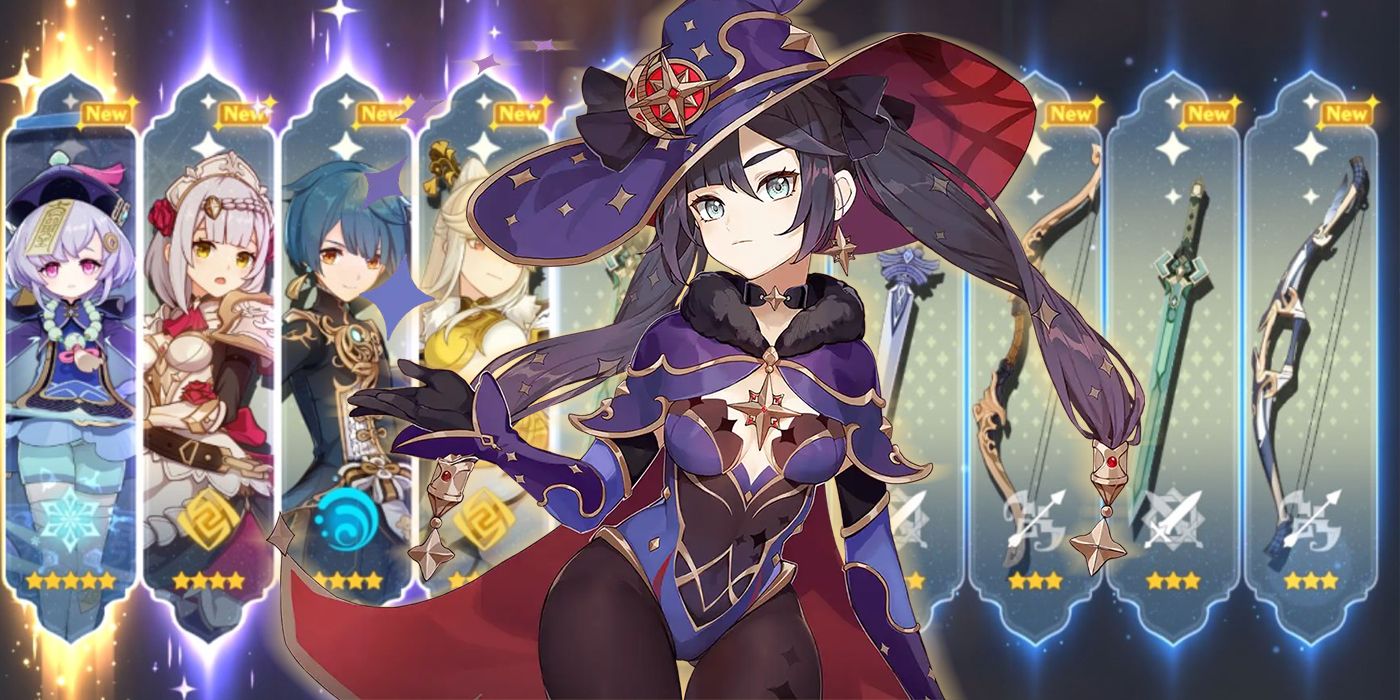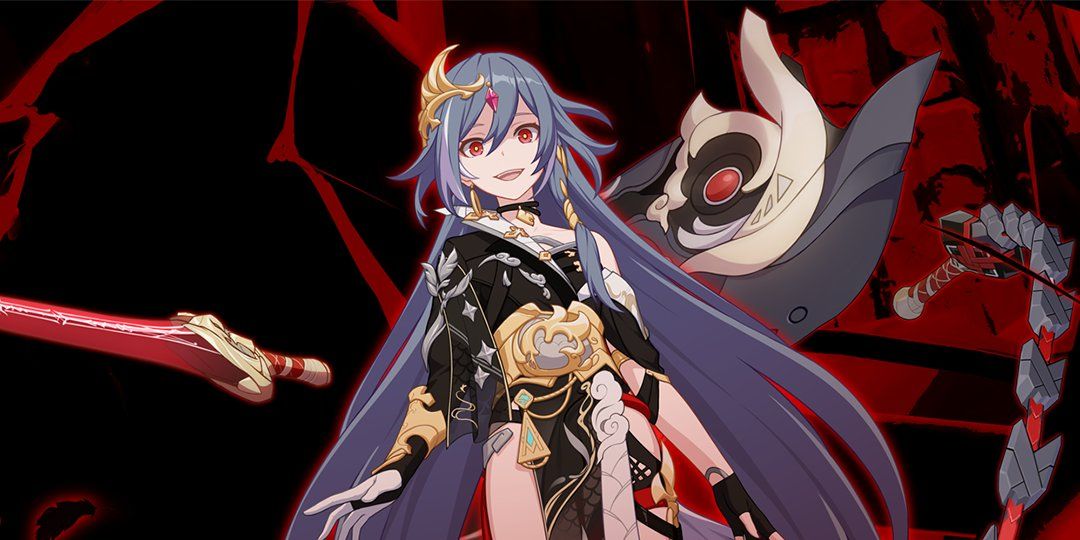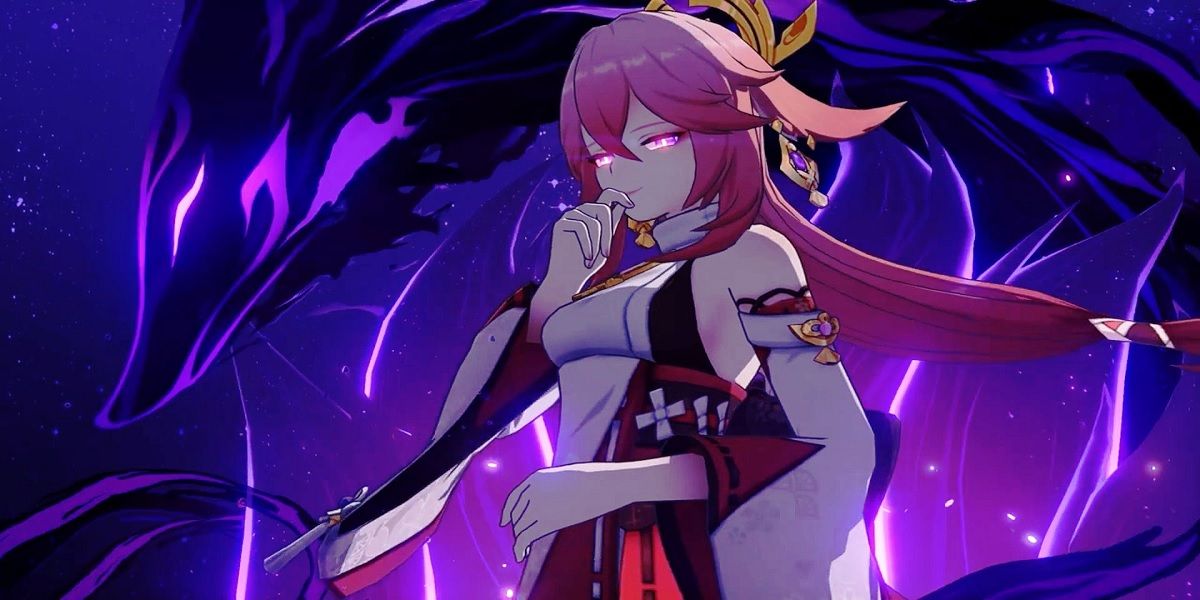With the increasing worldwide popularity of games such as Genshin Impact, gacha games have become a central and controversial topic among fans in recent years. Many players have become concerned that as games have moved from one-time purchases to having other methods of generating income like battle passes, downloadable content, and more, conversations regarding ethics in these money-making techniques should be taking place.
These games became popular in Japan before spreading to other Asian markets, where they remain extremely popular as some of the most successful mobile games. While debates about the ethics of gacha games have been circulating for some time now because of the mainly mobile-focused Asian market for them, they have not received much attention in many Western and English-speaking countries. This is beginning to change with the worldwide popularity of Genshin Impact, though not without a few hiccups along the way.
What the Term "Gacha Game" Refers To
Gacha games are games that involve a mechanic similar to toy vending machines, wherein players receive random items by spending in-game currency, which can be gained through gameplay or by purchasing it using real-life money. The details of these random items vary from game to game. However, many are only obtainable through this gacha system wherein a player "pulls" to receive a random drop from a "banner," which usually features especially premium items for a limited period of time. The rarity of the most premium items on the banner varies, but usually, a drop rate of roughly one percent is employed. Many games also use a "pity" system which guarantees certain items after a specific number of pulls.
Why Gacha Games Are So Controversial
Many gacha games are seen as a form of gambling because of their chance-based mechanics and the way that many players feel lured into spending copious amounts of money on them and then regretting their purchases later. However, while they may use similar methods, gacha games are markedly different from gambling as there is technically no zero-sum outcome and the least favorable result is simply receiving items other than the one the player desires. In this case, the gacha system works more like collecting trading cards.
Just because there is no chance of walking away with nothing at all does not mean that gacha games are any more healthy for gamers than gambling. The fact there is always a positive result might even make these games more addictive than gambling as players may feel that technically, they don't have anything to lose by rolling for their desired item. While there are many games that remain free-to-play, players can often wind up spending hundreds or even thousands of dollars on trying to get limited items. This is particularly controversial since there are no age restrictions on gacha games, unlike casinos or online gambling, so children may play them and spend money the value of which they don't truly know.
Further, many gacha games use techniques that people see as psychologically predatory in order to manipulate players into spending money on their games. For example, characters featured in the limited banners on Genshin Impact and Honkai Impact 3rd are often featured in in-game events running at the same time, which is meant to make players feel attached to the characters. The items often available in limited banners are often much more powerful than the ones available normally, which would also entice the player into spending money on them. Players may experience FOMO as well as peer pressure from other players who have the desired items. This does not even begin to touch upon the psychological joys that players experience when actually getting a limited item, which could drive them to continue spending, especially if they lack impulse control.
Overall, gacha games are designed to be addictive to keep the player coming back for more and to spend money. For this reason, many games can be seen as exploitative and predatory. Gamers should be aware that, when playing gacha games, they are at greater risk of falling victim to these methods and spending their hard-earned money on items that have ultimately very little relevance for them in the real world. In this way, the escapism that causes many people to turn to video games becomes very dark, and what begins as a fun way to spend time can have serious consequences on their lives.



